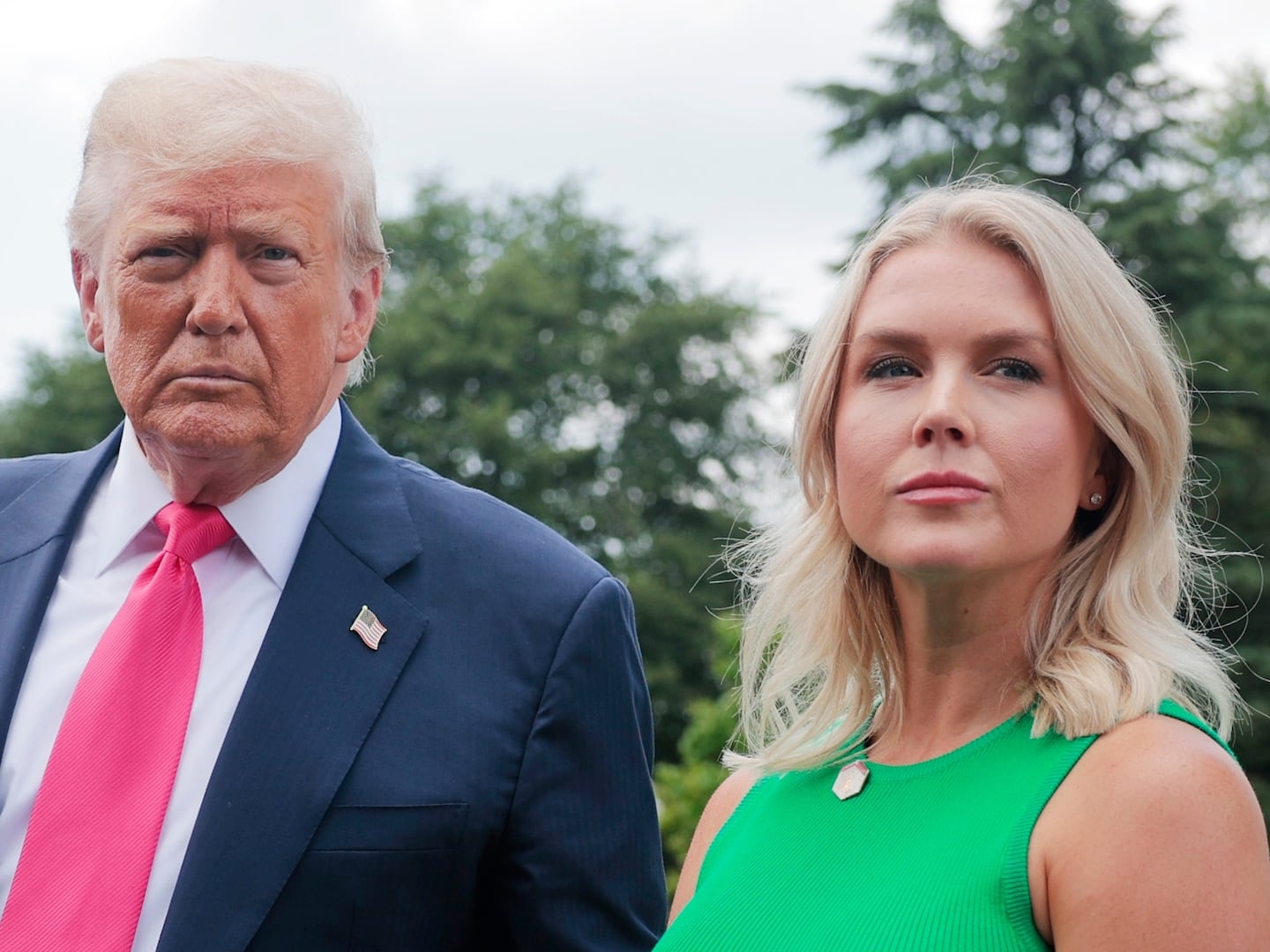Iran’s top nuclear negotiator, Abbas Araghchi, said this week that if Iran decides to resume enriching uranium to levels prohibited by the new nuclear deal, it could begin to do so in one day’s time.
Araghchi spoke on Jan. 12 to the Islamic Republic of Iran Broadcasting Channel 2 following his return from Geneva, where he led the Iranian delegation to the negotiations with the P5+1 countries that resulted in an agreement to implement the Joint Plan of Action signed last November. The interim agreement goes into effect Jan. 20, giving both sides six months to reach a final deal over Iran’s nuclear program.
Critics of the deal, especially in Congress, want any final agreement to force Iran to stop enriching uranium altogether and dismantle its enrichment program. The interim agreement requires Iran to suspend the enrichment of uranium at 20 percent levels and downgrade their existing stockpile of highly-enriched uranium to lower levels. But Araghchi said in the interview that the enrichment suspension is quickly reversible if Iran decides to pull out of the agreement.
“We can return again to 20 percent enrichment in less than one day and we can convert the [nuclear] material again. Therefore the structure of our nuclear program is preserved,” said Araghchi, in a broadcast which was independently translated for The Daily Beast. “Whenever we feel the other side is not following through with its commitments, whenever we feel there are other motives involved, whenever—now, say, under pressure from Congress or something else—they take action against their commitments, say put in place new sanctions, we will immediately revert to the current status quo. And we will again continue our nuclear program in the form that it is today.”
“I can say definitively that the structure of our nuclear program will be exactly preserved. Nothing will be put aside, dismantled or halted. Everything will continue, enrichment will continue,” Araghchi said.
While Iran’s foreign minister made similar comments last year after a broad framework understanding was reached, the comments this week from Araghchi come after Iran agreed to a detailed—and still secret—implementation agreement with the United States and other great powers. The remarks also come as Congress considers new sanctions legislation against Iran.
The Senate is currently considering whether to vote on a new Iran bill, sponsored by Senators Robert Menendez (D-NJ) and Mark Kirk (R-IL), that would impose new sanctions if Iran withdraws from negotiations or violates the deal. The bill would also express the sense of Congress that Iran doesn’t have a right to enrich uranium and would set minimum criteria for a final deal, including the dismantlement of Iran’s illicit nuclear infrastructure.
The White House and State Department did not respond by deadline to Araghchi’s comments. U.S. officials have previously said Iran could be allowed to continue some enrichment in a final deal.
Ray Takeyh, senior fellow at the Council on Foreign Relations, said that Araghchi was framing the deal for a domestic Iranian audience in the best possible light. Nothing in the interim agreement would stop Iran from resuming such activity if negotiations break down, he said.
“The deal puts a moratorium on the production of 20 percent; it doesn’t go into how quickly it could be resumed. For that to be dealt with, there would have to be dismantling of their capacity to enrich to 20 percent,” said Takeyh. “His comments were probably helpful for him in Iran but he has to understand he’s dealing with multiple audiences and he’s got to be a little more careful next time.”
In a separate interview with the Iranian Students News Agency, Araghchi disclosed the existence of a 30-page “non-paper” that he claimed was agreed to by Iran and the P5+1 countries as a secret side deal to the interim agreement. The State Department denied there was any secret side deal.
In the new video, Araghchi says that any verification agreement that would accompany a final deal, known as an Additional Protocol, would have to be approved by the Majlis, Iran’s parliament. That protocol would determine how the International Atomic Energy Agency would conduct inspections inside Iran should a final deal be reached.
Araghchi also said that President Obama’s recent statement that there is a not “more than 50-50” chance of reaching a final deal over Iran’s nuclear program might be too optimistic.
“The chance of reaching a result [on the comprehensive solution], [we] can’t definitively count on it,” he said. “Mr. Obama said it’s 50-50. And I and other diplomats always speak optimistically. But even with a 50-50 [chance] that’s still very optimistic.”





